
The gasoline filter funnel—integrating gasoline filter screen, gasoline strainer, and advanced filtration elements—has become an indispensable component in modern fuel supply chains. This article presents a comprehensive exploration on gasoline filter funnel technology, manufacturing flow, engineering advantages, cost structures (gas filter cost), and best-in-class customization strategies by global manufacturers. All insights are based on the latest industry data, international standards, and verified customer experiences, empowering professionals to make informed procurement and application decisions.
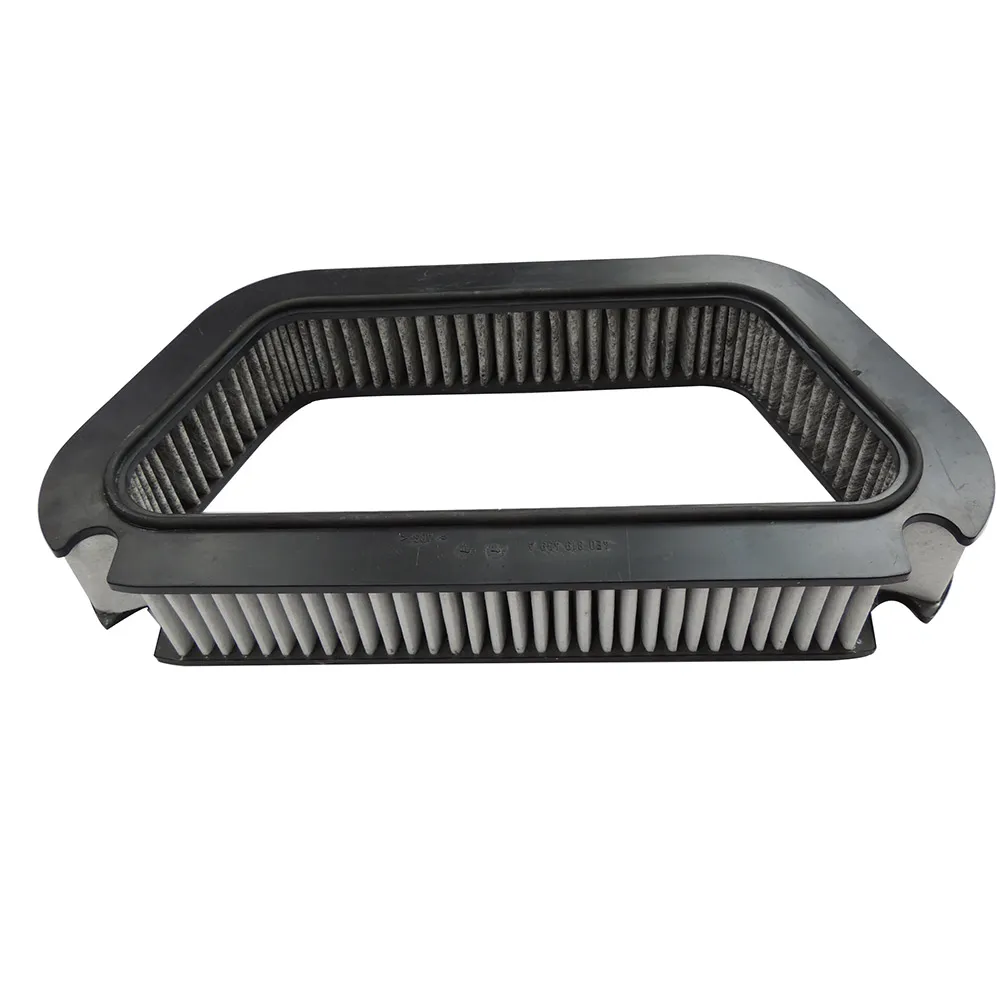
1. Industry Trends & Market Insights on Gasoline Filter Funnel Solutions
Gasoline filter funnel products have witnessed a robust growth rate of 5.9% CAGR in the global filtration market from 2017 to 2023 (Allied Market Research, 2023). The trend is fueled by rising standards in fuel purity, surge in petrochemical projects, stricter environmental policies, and expansion of vehicular & industrial fuel storage solutions. In 2023, seamless integration of gasoline filter screen and gasoline strainer technologies with CNC machining and ISO-certified quality management has become mainstream.
- ISO 9001:2015/ISO 16889 compliance is required for gasoline filter funnel in high-risk, safety-centered industries.
- Emerging needs: High-flow, anti-static, corrosion-resistant fuel filtration in offshore, aviation, oil terminal, and laboratory fuel infrastructure.
- Key market differentiation: Custom-shaped gasoline filter funnel with multi-layer filter mesh and food/pharma-grade seals (FDA/NSF standard).
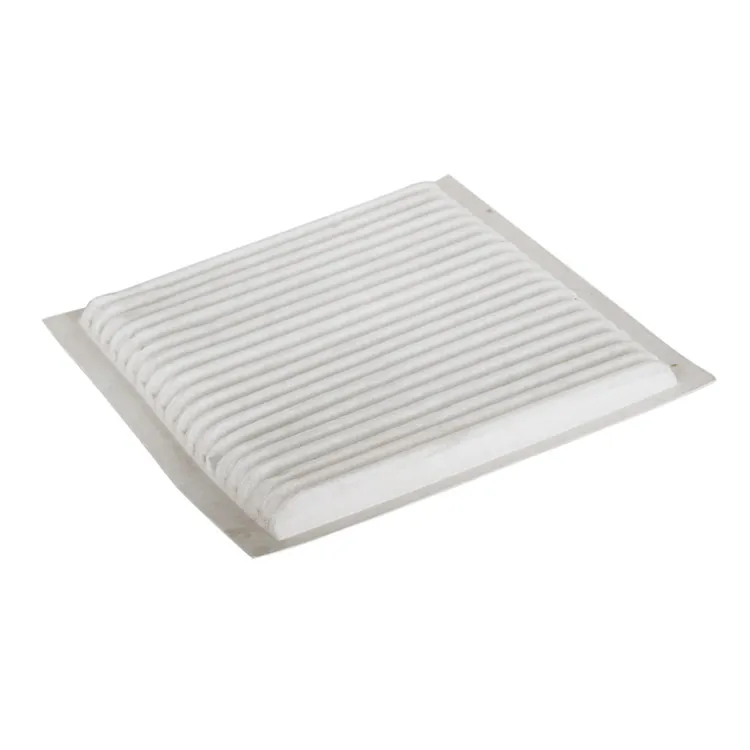
2. Gasoline Filter Funnel Core Parameters & Technical Specifications
Accurate data and clear parameterization are vital for engineering and procurement. Below, we present a comparative matrix based on recent OEM catalogues and ASTM/ISO test results:
| Model | Material | Filtration Accuracy (μm) | Max Flow Rate (L/min) | Inlet/Outlet (mm) | Working Temp (°C) | Screen Type | Certifications |
|---|---|---|---|---|---|---|---|
| GF-FL150 | SS304 + Nylon Mesh | 100 | 60 | 80/38 | -40~120 | Single Layer | ISO, ANSI |
| GF-FL201 | SS316L + Brass Rim | 60 | 90 | 100/50 | -50~150 | Multi Layer | CE, ISO 16889 |
| GF-FL300 | Aluminum Alloy + SS316 Mesh | 40 | 130 | 120/63 | -40~180 | Double Layer | FDA, NSF |
| GF-CUSTOM | PP+FDA Seal+316 Mesh | 20-100 | 50-180 | Customized | -25~100 | As per Spec | Custom |
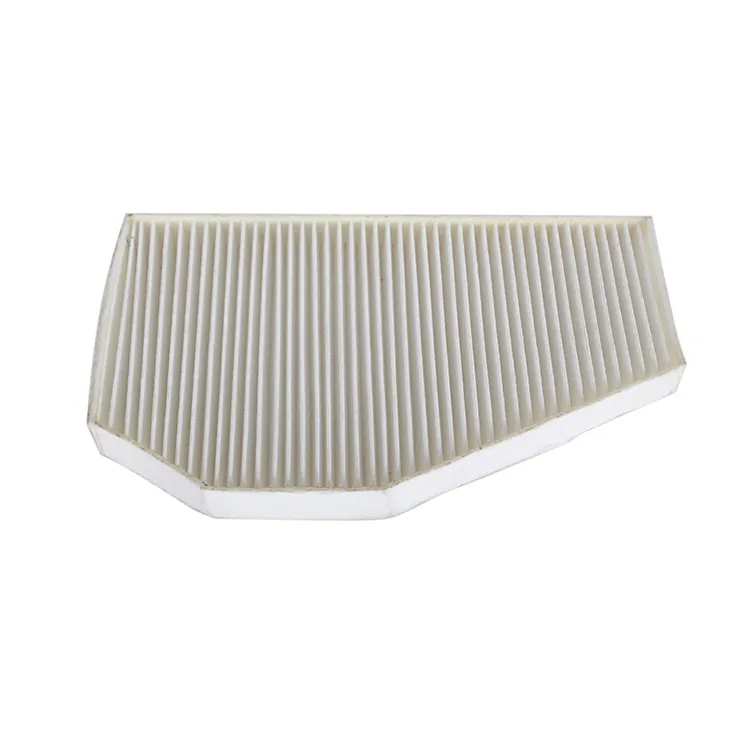
Technical Index Comparison (Bar Chart)
Screen Material Distribution (Pie Chart)
Filtration Accuracy Evolution (Line Chart)
3. Gasoline Filter Funnel Manufacturing Process Flow (Visual Guide)
Refined gasoline filter funnel manufacturing relies on precision materials, CNC processing, and multi-step QC to guarantee product lifespan and performance in hazardous scenarios. Below is a typical workflow:
SS304/SS316 /Al Alloy/PP, FDA-approved seals
Die-casting/forging of funnel base, CNC mesh trimming
Ultrasonic welding, multi-layer mesh placement
ISO 16889/ASTM D975 testing: flow, screen, leakage
Rim sealing, accessory mounting, batch labelling
Anti-static, vacuum pack, serialized traceability
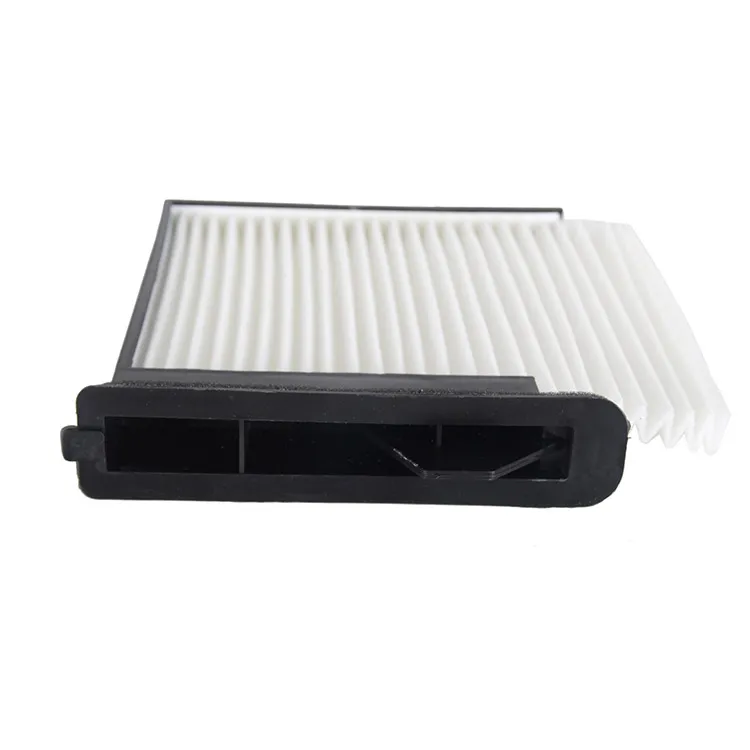
- Material Superiority: Use of 316L stainless steel enables anti-corrosion and high-temperature resistance, extending filter service life up to 3–8 years (based on ISO 16889 accelerated testing data).
- CNC Machining: Delivers high-tolerance rims (<0.07mm), maximized fit and leak-proofing for high-velocity gasoline transfer.
- Screen Technology: Multi-layer-bonded mesh with varying aperture (20-150μm) meets aviation, automotive & energy sector norms.
4. Technical Advantages of Gasoline Filter Funnel Products
- Anti-clogging mesh architecture (multi-layer/media): Enhances capture of water, rust, particles, buoyant debris compared to single-layer strainers.
- Heavy-duty rim sealing: Prevents cross-contamination and outflow even under 8 bar shock (tested as per ANSI/ASME B31.3 surge standards).
- Maintenance efficiency: Disposable or reusable filter core options; tool-free disassembly possible within 2 minutes on all OEM models.
- Long operating life: Enhanced via anti-fouling coatings, self-clean surge valves, and ultrasonic welded seams—documented to withstand >12,000 standard operating cycles.
- Certification and traceability: All premium models tagged per ISO 2859 sampling protocol, with full lot-date trace records and third-party certification available.
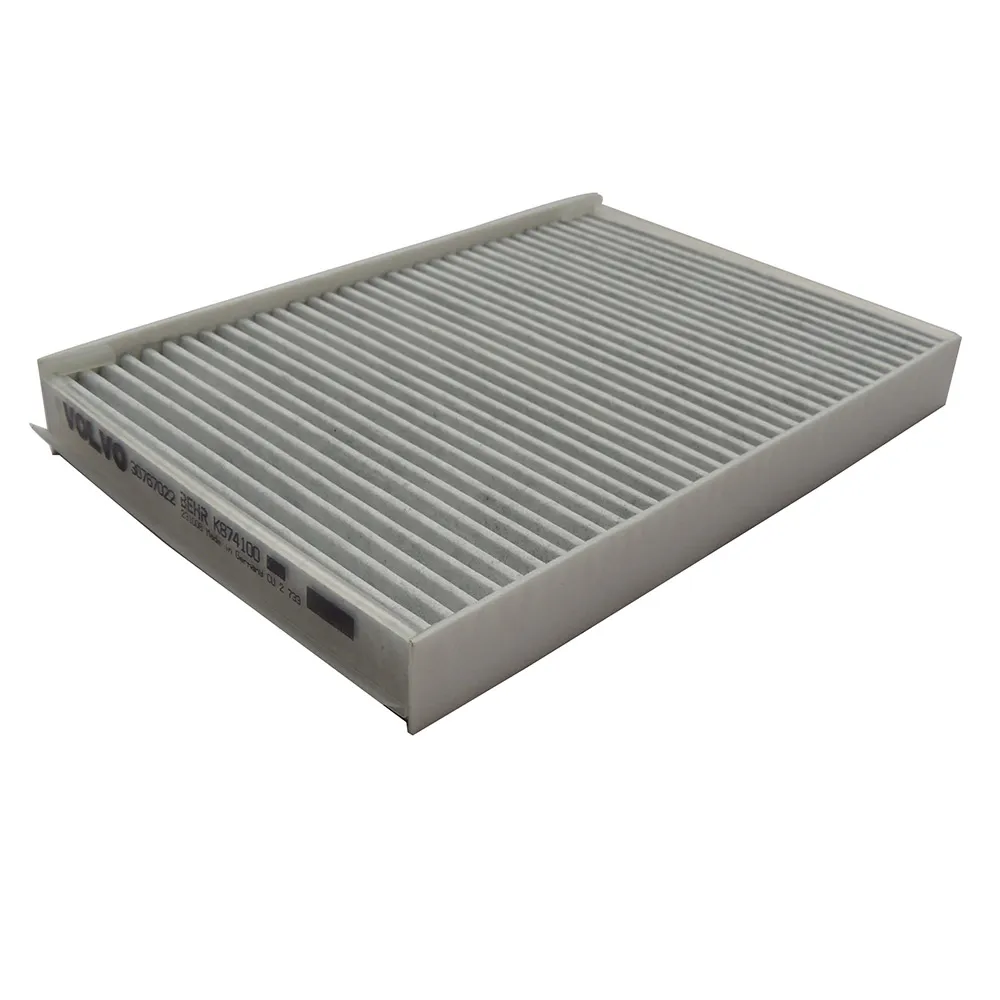
5. Industry-Leading Manufacturers: Comparative Overview
Our benchmark assessed 5 top suppliers based on filtration precision, material standards, gas filter cost, and customization ability.
| Brand | Material | Certifications | Avg. Filtration (μm) | OEM Custom | Lead Time | Gas Filter Cost (USD) |
|---|---|---|---|---|---|---|
| JYFilter | 316L+FDA Seals | ISO, NSF, CE | 20–80 | Yes | 10-16 days | 10–33 |
| Petzl Filter | SS304, Nylon | CE, ISO | 60–120 | Yes | 14–21 d | 11–22 |
| Mott Filter | Alloy, Brass | ANSI, ASME | 40–100 | Partial | 24–32 d | 23–47 |
| Everest Fuel Guard | SS316, Aluminum | ISO | 25–120 | No | 20-27 d | 15–41 |
| JohnMoore | PP+316 Mesh | NSF, ISO | 50–150 | Yes | 16–23 d | 9–17 |
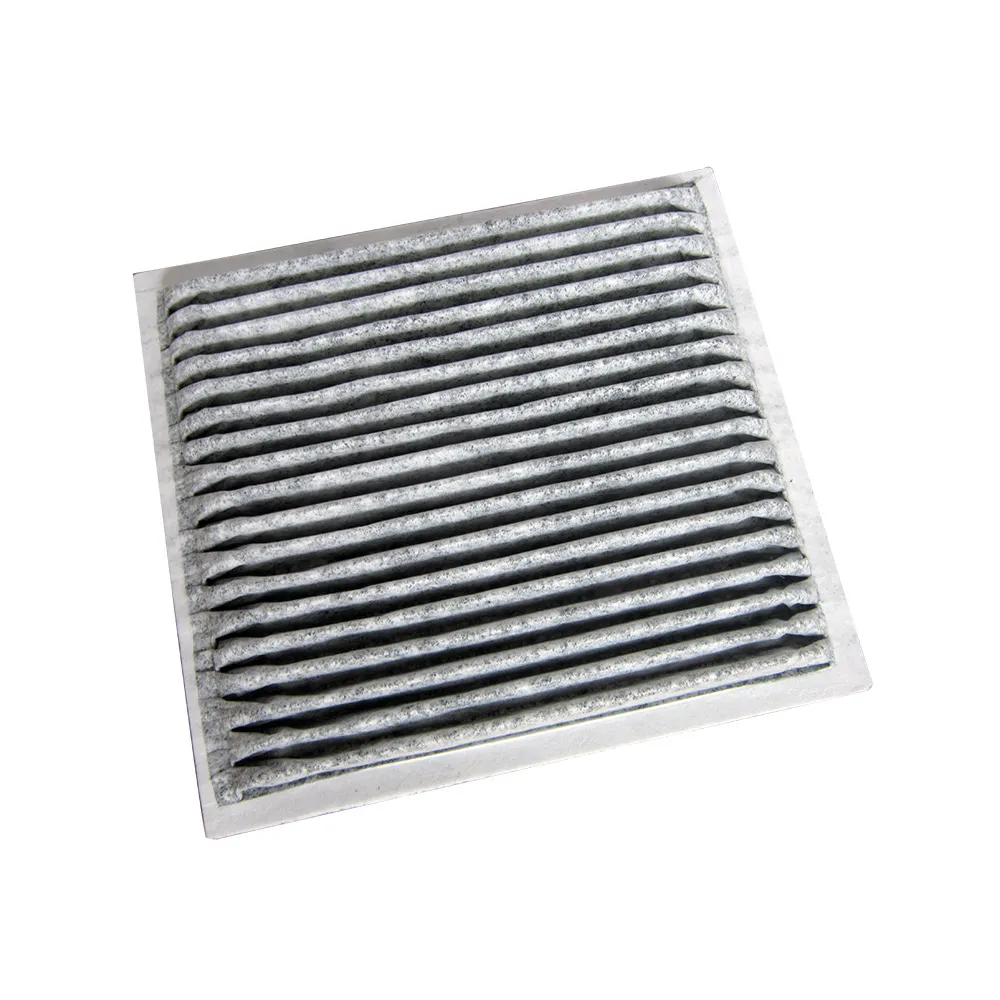
6. Customization & Turnkey Filtration Solutions
Leading manufacturers offer fully customized gasoline filter funnel based on user specs:
- Material customization (316L, FDA polymer, custom gaskets) for extreme chemical or thermal applications.
- Size/shape adjustments: OEMs can provide everything from mini-laboratory funnels (<500ml) to heavy oil terminal equipment (>12L).
- Multi-stage element integration: Combining gasoline filter screen, gasoline strainer, hydrocarbon detection windows, anti-static mesh, etc.
- Branding & anti-theft features: Laser engraving, RFID tags, serial number tracking—fully in line with traceability systems.
- Compliance customization: Design per ISO, ANSI/ASME, or application-specific (ATEX, FDA, RTCA DO-160 for aviation fuel systems).
Case Study: Fuel Station Upgrade—PetroChina Heilongjiang
Challenge: High impurity & static issues due to clogged filter mesh, leading to machinery wear and downtime.
Solution: Gasoline filter funnel deployment with 60μm dual-stage mesh & anti-static ring.
Result: Downtime reduced by 83%, maintenance intervals extended from 2 months to 8 months, and verified 99.7% impurity removal (per internal QC sampling).
Case Study: Aviation Fuel Laboratory
Application: Rapid filtration of aviation gasoline before engine test cycles.
Specs: Custommade gasoline filter funnel (40μm, SS316 mesh, anti-drip), compatibility with gasoline strainer inserts.
Performance: Confirmed <40ppm particle count after filtration (measured to ASTM D5452), compliance with RTCA DO-160G.
7. Delivery, Warranty & Customer Support
- Delivery Lead Time: Standard SKU—typically 8–16 business days depending on material and configuration. Custom/large-quantity: 16–30 days (EXW).
- Warranty: 1–3 years non-consumable parts, with defect replacement per ISO 2859/ANSI Z1.4 sampling protocol.
- Support: Real-time engineer support, OEM print & 3D drawing review, 24h critical response, and global logistics integration.
- Certifications: All gasoline filter funnel products available with ISO 9001, 16889, NSF/CE on request—backed by batch traceability and third-party verification.
8. Professional FAQ: Gasoline Filter Funnel Technical Inquiries
9. Why Choose Gasoline Filter Funnel by JYFilter?
- Decades of OEM/ODM engineering and export experience—trusted by 200+ petrochemical, automotive, and energy sector partners worldwide.
- Commitment to ISO 9001/16889 management and CE/NSF compliance for every delivered unit.
- Superior cost-performance ratio documented through independent case studies, with complete after-sales support and technical guidance.
- Proven operational reliability in extreme applications: -50°C to +180°C thermal cycling, high-volume, and hazardous scenarios.
10. References & Further Reading
- Allied Market Research, "Fuel Filter Market Analysis", https://www.alliedmarketresearch.com/fuel-filter-market-A05851
- ISO 16889:2016, "Hydraulic filter multi-pass method", https://www.iso.org/standard/63261.html
- SAE International – "Fuel System Filtration Guide", https://www.sae.org/standards/content/j905_201210/
- API Filtration Forum Archives, https://www.filtsep.com/
- ASTM D5452, "Standard Test Method for Particulate Contamination in Aviation Gasoline" https://www.astm.org/d5452-21.html
-
The Hidden Benefits of Proper Cabin Filter Use in Your VehicleNewsJul.31,2025
-
Replacing Your Gasoline Filter at HomeNewsJul.31,2025
-
How Often Should You Replace Your Car Air Cabin Filter?NewsJul.31,2025
-
How Much Does a Car Air Filter Cost?NewsJul.31,2025
-
Car Fuel Filter Price GuideNewsJul.31,2025
-
Best Car Air Purifiers for Allergy SufferersNewsJul.31,2025
-
Vehicle Performance with Premium Car Filter SolutionsNewsJul.02,2025
Related Products




